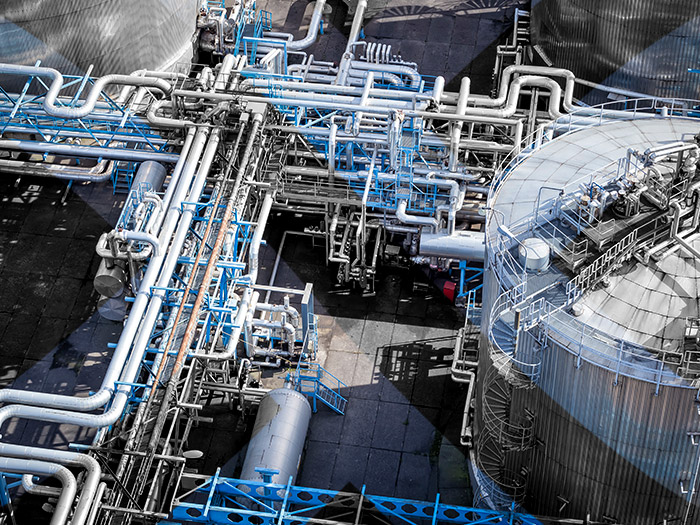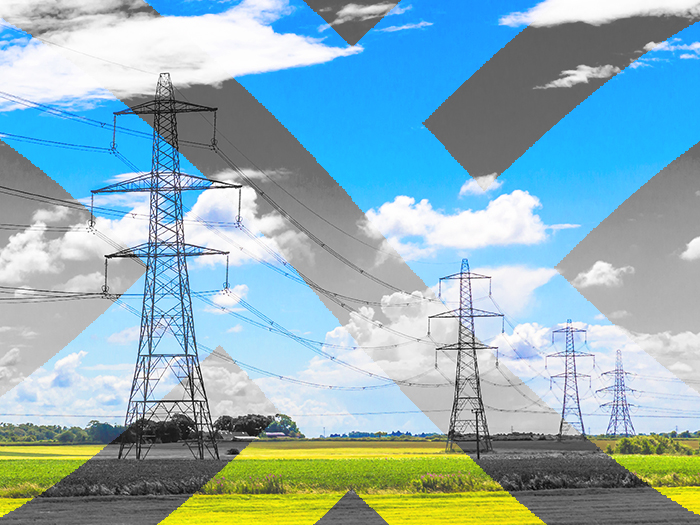Insights
better business decisions
Posted 2 years ago | 3 minute read

Green policy gaps are putting industries at risk, says think-tank
The Aldersgate Group and UCL have set out 15 recommendations to government to help accelerate industrial decarbonisation.
The report, published on 26 April, outlines the policy measures required to deliver a decarbonised power system and support the electrification of heavy industrial sectors such as steel, cement, glass and chemicals. It said to decarbonise power and end industry’s reliance on costly fossil fuels, the UK must install around 200GW of low carbon energy infrastructure in the next 12 years. At the same time, UK heavy industry will need to increasingly run on clean and affordable electricity to rapidly decarbonise and remain competitive. However, the current pace of policy delivery does not meet the scale of this challenge. This report recommends a range of measures to address this.
The report outlines 15 measures to upgrade the power grid, facilitate continued investment in renewables, enable direct access to low-cost renewable power for heavy industry, accelerate low carbon innovation and support the competitiveness of UK industry.
To reach net zero by 2050, UK industrial emissions must fall by 70% by 2035 and 90% by 2040. Clean electricity also has an important role to play to support other processes such as hydrogen production and the operation of carbon capture and storage. In both cases, access to high volumes of low carbon and affordable electricity will be vital to the successful decarbonisation of heavy industries and their ability to be competitive in the global transition to net zero emissions.
To ensure that UK producers can remain competitive internationally and shift to low carbon production, it calls for a bold funding package for industrial decarbonisation to stimulate private investment. It also advocates for measures that will grow the demand for low carbon industrial products and provide a level playing field for domestic low carbon industries. These include the introduction of mandatory product standards, green public procurement rules and a carbon border adjustment mechanism.
It also suggested that market reforms that will provide heavy industries with direct access to growing volumes of low-cost, low-carbon power are required. Key measures include creating a Green Power Pool that would provide industries such as steel with direct access to renewable power, supporting the growth of a standardised zero carbon Power Purchase Agreement market to facilitate contracts between heavy industries and renewable generators, and taking a cautious approach to shifting policy costs away from electricity bills and towards gas bills.
The report also calls for a range of measures including reforms to the grid connection process to cut waiting times that are currently up to 13 years, a streamlined planning process to fast track low-carbon and network infrastructure projects, treating the construction of grid infrastructure as a ‘national endeavour’ to boost domestic supply chains, and adjustments to the successful Contracts for Difference scheme to support greater locational diversity and improve operational signals.







